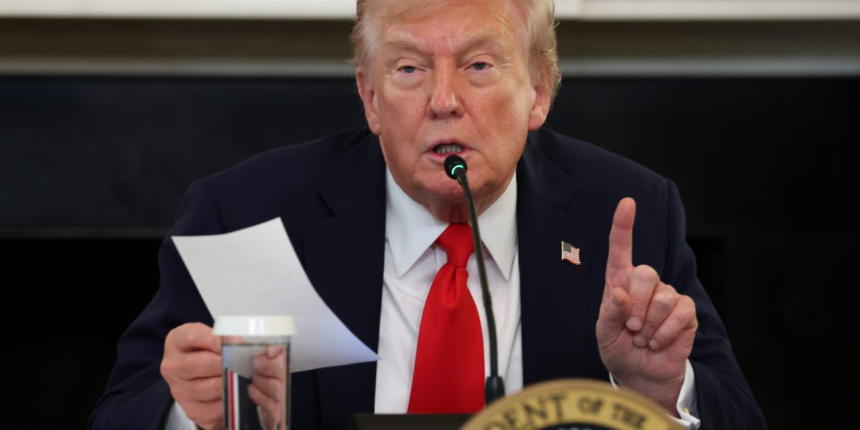Rare earth elements—a group of 17 metals critical for producing everything from smartphones and wind turbines to missile guidance systems—have long been a choke point in U.S.-China relations. China controls more than 60% of global production and nearly 90% of processing capacity.
Trump’s post accused Beijing of “a rather sinister and hostile move, to say the least.” He said he had not spoken to his Chinese counterpart, but that he was surprised by the new restrictions, and that there “seems to be no reason” to go ahead with meeting Xi in two weeks’ time.
Chris Zaccarelli, Chief Investment Officer for Northlight Asset Management, wrote in a statement to Fortune that “true to form,” October is already living up to its “reputation as one of the most volatile months and the sell-off that many were expecting … has finally arrived.” He noted this time of year is historically volatile and stocks were “priced-to-perfection” coming into the month, so it’s no surprise they were knocked down from all-time highs. Zaccarelli wrote that Northlight thinks more volatility is possible in the coming weeks, but absent some kind of real blow to the economy, the market should stage a rebound later this year.
Similarly, Jamie Cox, Managing Partner for Harris Financial Group, agreed in a separate statement that “October finally showed up for markets today. With major indices looking to consolidate, the tariff noise was all it took to kick it off.”
Jeff Buchbinder, Chief Equity Strategist for LPL Financial, wrote that markets got a reminder that sell-offs can be “violent” when a negative catalyst interrupts a market narrative that priced in “a lot of optimism.”
Companies tied to rare earth minerals, on the other hand, saw dramatic gains. MP Materials rose by as much as 15% and USA Rare Earth by as much as 19% before paring gains, while NioCorp Developments climbed by 8%.









